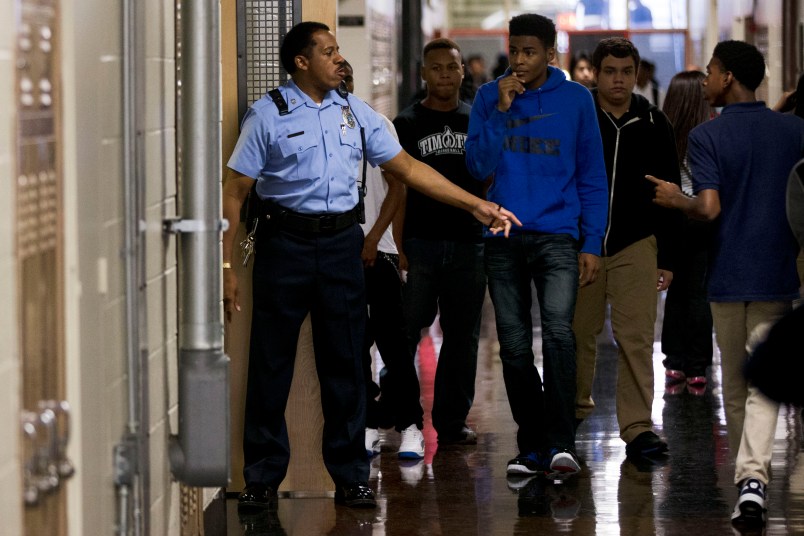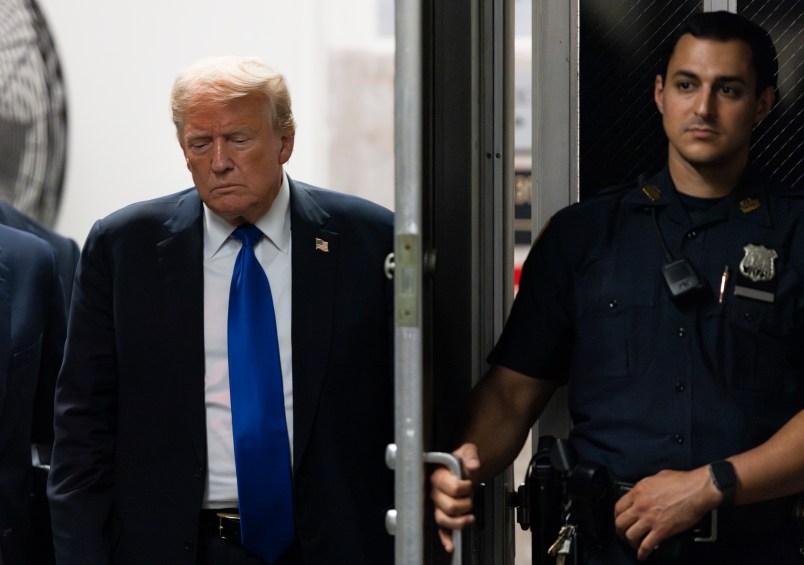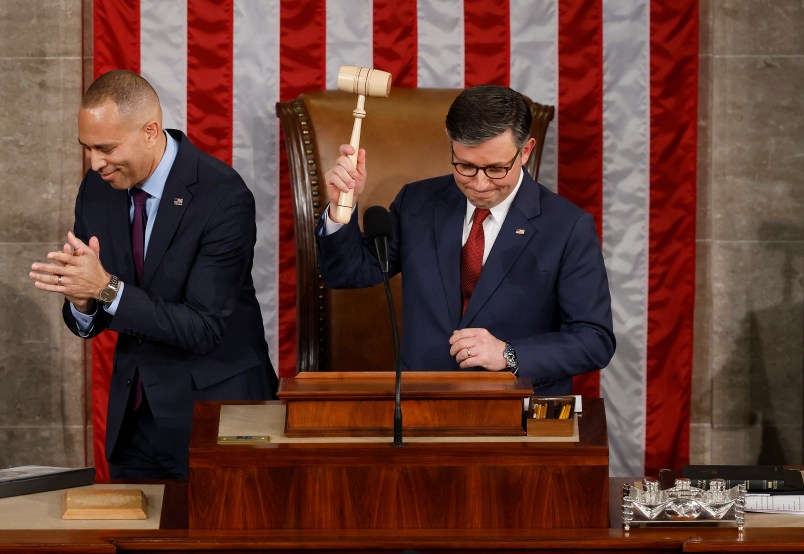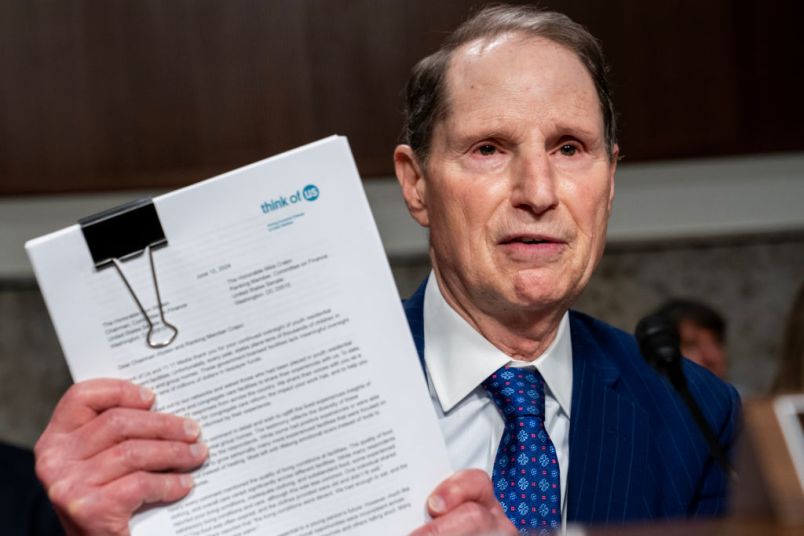With the viral video of a police officer violently arresting a black female student at high school in South Carolina reinvigorating the debate over school resource officers, new research bolsters critics’ claims that school security can have a negative effect on students, particularly African Americans.
The new study by two academics in New York showed that the mere presence of African American students at a school makes it more likely the school will take on security measures, even when controlling for neighborhood crime and school misconduct.
The study also found, among other things, greater racial disparities in student suspensions and arrests in schools where there are cops present or other security measures are taken. Those arrest and suspensions are believed to contribute to the so-called “school-to-prison pipeline.”
“To the extent that police in schools may contribute to the disproportionate arrest of African-American students, the use and/or role of police in schools should require careful reexamination,” an overview of the study provided to TPM said.
The study was conducted by Tim Servoss, a professor of pyschology at Canisius College in New York, and Jeremy Finn, a professor of education at the State University of New York at Buffalo. The results of the study are scheduled to be presented in full at April’s American Educational Research Association conference in Washington, DC.
Servoss and Finn relied on a sample of about 700 high schools, drawing from the data of three national surveys. Three-quarters of those schools employed at least one part-time police officer. Fifty-seven percent of the schools with an officer present had no student arrests, a point Servoss highlighted to show that the “results don’t support the notion that all police in schools are bad.”
He and Finn found that crime and misconduct within a school played a role in predicting if a school would take security measures, including drug testing, metal detectors, drug surveillance dogs, and the presence of security guards or police.
“However, the proportion of African-American students was a significant predictor of security even when controlling for the same background characteristics and crime and misconduct within the school,” the researchers said in their overview. “These results suggest that the implementation of security measures are at least partially based on the perceived threat of the African-American student population rather than any objective dangers within (crime or misconduct), or in the neighborhood (neighborhood crime) surrounding the school.”
These security measures, in turn, increased the likelihood that a black student would be suspended when compared to a white student, particularly when a school uses drug surveillance measures, (i.e., drug testing, dog sniffs, random contraband searches). In a school without these measures, black students were twice as likely to be suspended than their white peers. With these measures, black students were three times as likely. This disparity exists after controlling for school size, racial composition, socioeconomic status, urbanicity, and school indiscipline.
Finally the study looked at arrests rates, with the researchers noting in their overview, “Unlike other school personnel, police have the authority to arrest students.”
There, it found racial disparities were also greater.
“In the average school without police, the black-white disparity in arrests was negligible,” the authors wrote, with black students being 1.3 times more likely than white students. But with police present, African-American students were 2.2 times more likely to be arrested than white students, they concluded.
A separate but related study conducted by Finn and Servoss using the same data set found, “When one or more police officers are in a school, the odds are three times as likely that the school will have a high number of arrests (among similar size schools), even when indiscipline and the composition of the student body are controlled statistically,” according to an overview sent to TPM.











Post-slaveryhow do you continue to control the bodies of black people? Well, America has figured out a successful formula. The school-to-prison pipeline and the Second Amendment.
Someone has to make sure the white owners of the new private run prison systems have lots of business so they will have plenty of money to donate to the republican politicians they elected and that allow the private prisons. Circle jerk and repeat.
We went to spoken word performance at the kids´ high school last night. Most the poets (all kids) were black, and many or most of the performances dealt with the fact that they could be at any moment pulled over or stopped on the street, and that during those stops, they could be hurt or killed. Another of the themes was the myriad ways in which they were judged or guided based on the amount of melanin in their skin. I don´t always like the term ¨white privilege¨, in that implies that white skin is all that one needs to be accepted in America - there are enough shit-upon white working class and poor white Americans to give lie to that - but I really can´t imagine the feeling of oppression that a black kid has to deal with in this country.
My kids avoid that form of stress simply by having a few different genes that determine skin color. That, I guess, is ¨white privilege¨, even though walking the streets or the halls of schools without being in danger of officially sanctioned violence or arbitrary discipline should be everyone´s right.
This country has an irrational fear of Black people…and this is news?
You can believe 1000% in the school-2-prison pipeline. In 70s as a High School teacher, I was once asked in the teachers lounge why I worked so hard with my class as the school was just a holding area until the kids were old enough for prison. It was not just a black vs white issue either but a class one as well both socially and financially.